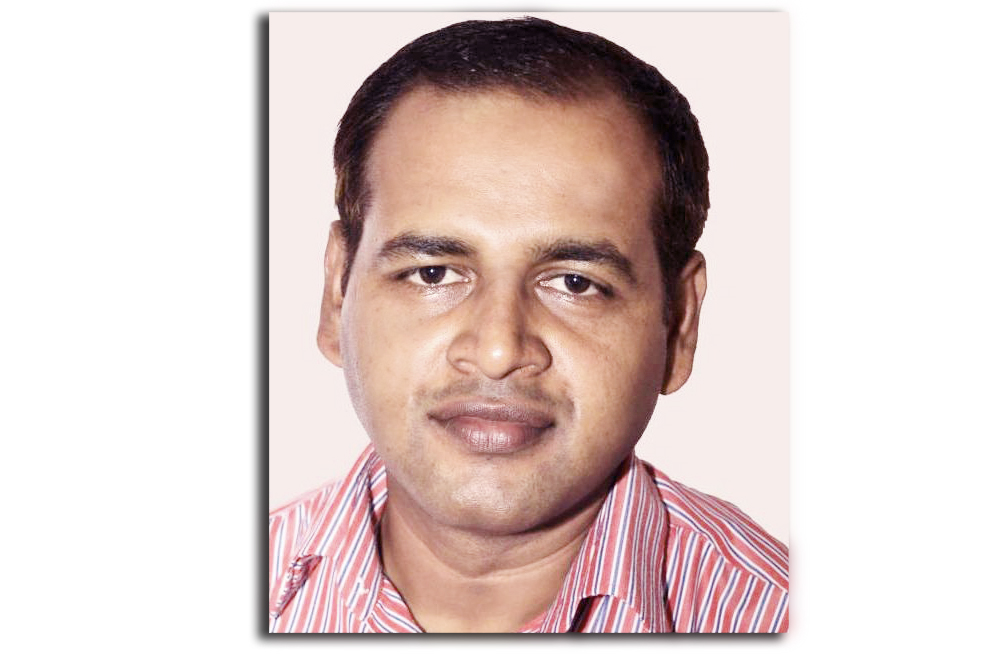By Gopal Khanal (KATHMANDU, 18 March 2021) – At a time when the country is witnessing political polarisation and uncertainty, President Bidya Devi Bhandari has taken initiative to enhance the understanding and cooperation among the parties. On 16 March, she called an all-party meeting and urged the chiefs of all parties and former prime ministers to move ahead with unity. Her move comes as per the spirit of the constitution.
It is not necessary to cite any Article of the constitution to say that the President’s job is to unify the people and the country. As a custodian of constitution and guardian of citizens, the President can ask the leaderships of all political parties to muster national unity so that they can focus on and contribute to the grand nation-building task. Ceremonial head of state cannot take the decisions but can show the ways to find a solution to the existing problems.
We all know that Nepal doesn’t need to be bogged down by petty politics given that a large amount of time was wasted in futile fights for power and pelf, disappointing the masses. Paradoxically, the commoners have been swayed by the partisan impulses and are unable to realise the gravity of crisis triggered by the short-sighted and narrow-minded politics.
Politically, Nepal has entered in an era of development and prosperity after achieving the best governing system that is the Federal Democratic Republic established in the place of monarchy that was considered the symbol of feudalism. We did not only abolish the dynasty politics but also defeated the foreign expansionist and imperialist forces.
It is needless to say that President Bhandari represents common Nepali people and has contributed a lot to uplift the Nepali society including the status of women. As a first woman president of federal republic of Nepal, she has been sincerely playing her role to unify the country. The Tuesday meeting is an effort towards building consensus on major issues facing the nation.
Complexity
Healthy competitions for taking the leadership mantle forms integral part of functional democracy. With their diverse ideologies, policies and strategies, the parties contest elections. Those winning the polls naturally form the government. This is a world-wide practice except in the case of autocracies and party-less systems.
But when the political parties become weaker by employing unfair and unhealthy games within the party and between the parties, this makes democracy frail and frustrates the citizens. In a situation of utter hatred and aggressive behaviour towards the political leaders, people might look for other alternatives, which cannot always be better. This can be the worst and can upend the multiparty democracy. The reactionary forces can play game in such fragile situation, fuelling further conflicts among the democratic forces.
Therefore, the leaders of major political parties including the parties of Netra Bikram Chanda ‘Biplav’ and Dr. CK Raut should understand the essence of democracy, which has been providing opportunities to express and resolve their dissent within the framework of constitution. In democracy, the alternatives of political parties are only the political parties. The parties with better ideas can win the confidence of the people defeating the existing parties with irrelevant policies.
KP Sharma Oli will remain in power as he has the support of required number of parliamentarians. Oli has constantly been saying that he still commands majority in parliament so he doesn’t need to take the vote of confidence. Once the CPN- Maoist Centre withdraws support to him, he will proceed ahead to muster the vote of confidence. This is the parliamentary process. Prime Minister Oli is waiting for the decision of other parties to take further political course.
Now, the political situation is marked by inertia. All major parties have become the prisoners of indecision. Nepal Communist Party (NCP) is no longer in existence. The Supreme Court verdict quashed the unification of two major communist parties – the CPN-UML and the Maoist Centre asking Oli and Prachanda to reinstate their previous parties. As of verdict, UML and Maoist Centre have been separately conducting their activities. Major parties have their own problems – UML is facing internal wrangling, NC has two factions, Madhes-based Janata Samajbadi Party (JSP) has two differing lines on current politics. A faction led, by Ram Bahadur Thapa ‘Badal’ of Maoist Centre, has joined UML leaving Prachanda and his long-held political legacy.
Custodian
During the all-party meet, President Bhandari stressed the need for effective implementation of the constitution and consolidation of democracy. For this, she said mutual dialogue, cooperation and unity among the parties must be established. She has not thrown her weight behind any particular leader or party.
‘Our society has remained decent, civilised and tolerant. The leadership here has always maintained a high political culture. This good culture must continue’, she observed. The President thanked the leaders of all the parties for demonstrating unprecedented national unity in last May to publish a new political map covering the encroached territory of Nepal.
On the issues of national interest and territorial integrity, Nepali political parties stand in common position. This was demonstrated in parliament when a bill to amend the flag used in national emblem was endorsed by national consensus.
The president not only expressed her intention on what she was contemplating about the contemporary politics but also provided a platform to the political parties to exchange their views to maintain national unity. The president also discussed the adverse effects of the COVID-19 pandemic on economy, education, health, tourism and other sectors. She urged top leaders to continue dialogue and discussion on various issues of national life and people’s livelihood.
As the custodian of constitution, she has been discharging her duty sincerely. Therefore, it is irrational to drag the very move of the President into controversy.


